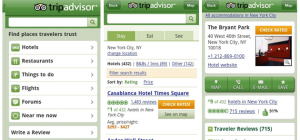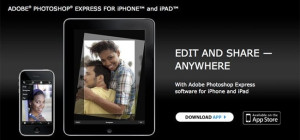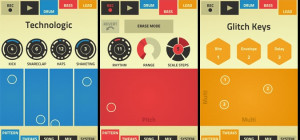Have you ever wanted to develop an app for your great idea, or perhaps for your business or service? If so, you might have found out that you actually have to pay for at least 2 apps, one for Android, and one for iPhones.
These days you can almost forget the extra costs of developing two apps, since the invention of application development frameworks makes it possible to write the code just once, then, using a similar service to Google translate (only more technical) you can convert the code into Android and iOS specific languages, for that matter also Windows Phones and Blackberry software etc. No longer do you need to pay for several identical applications, but you get all the users for the different devices.
Confused as to what Native, Hybrid and Web development applications all mean and do? Read this post and be all the wiser once you’re done.
Native apps
These apps are developed separately for each platform (Android/iOS etc.) and can use all available resources on your phone.
Strengths: Running 3d graphics well, Works completely in offline mode, Best performance and use of hardware.
Weaknesses: Must be installed and updated on the phone, Costly since the app has to be developed separately for each platform.
Web apps
Feels and acts in many contexts as a native app, but is in fact an optimized website that run through the browser.
Strengths: Installs on your phone like a native app, but runs directly from your online website. Easy to search engine optimize. Cheapest to develop and maintain since there is only one code that works on all platforms.
Weaknesses: Runs graphics slower than the installed apps. Limited use offline.
Hybrid apps
Partly Web and part Native. Available for download in the App store / Google Play. Often companies make a hybrid app out of their existing website, to be available in the app store without higher costs.
Strengths: Less expensive to develop and maintain than alternatives.
Weaknesses: Limited functionality. Limited offline use.
The new iPhone 7 and iOS 10 rumors all point to better hardware and software, meaning that Apple has not done anything to make sure that Native development keeps on being the single most important factor, even though many people are sure of the fact that Apple would prefer all it’s applications in the App Store to have been developed specifically for iOS. It is unlikely that they will go this route in the future, since releasing Swift 1.0 has been a huge step in the open-source direction, and the latest Swift 3.0 previewhas shattered many people’s previous thoughts of Apple being a monopolizing company, by declaring that Swift 3.0 will be 100% open-source.
This fact coupled with the already open Android systems means that Hybrid App Development in the future can become the leading way for developers to code their mobile applications, and many people have bought their first iPhone because of Swift going open-source, and thereby attracting a bunch of new talents that for one reason or another was not interested in the closely knit community Apple previously catered to.
Microsoft, Facebook, Apple and Instagram are just some of the names developing or purchasing Hybrid App Frameworks, meaning that this is not just a momentary lapse of fame this type of development is experiencing. Rather, it can now safely be assumed that the future will hold many improvements because of the thousands of developers world over having access to open-source frameworks via Github, Facebook Developers and soon Swift 3.0’s Developer pages.
Programmers and Developers can find their frameworks by choosing their preferred languages to develop in, this wiki pagehas a great overview for anyone interested in finding a particular framework based on tons of factors. But it is recommended to use frameworks already on Github, as that is where the majority of innovation occurs, and where it is easiest to ask for help and ask for commits from other people.
Conclusion:
If you are a client looking to have an app developed, keep in mind you can cut down costs by almost half by going Hybrid, but at the same time your users will have to have internet connection almost all the time they are using your app.
If you are a developer looking to find that great framework in which to develop your own code, check Wikipedia and Github for frameworks using the coding languages you already know. Don’t spend valuable time reinventing yourself.







